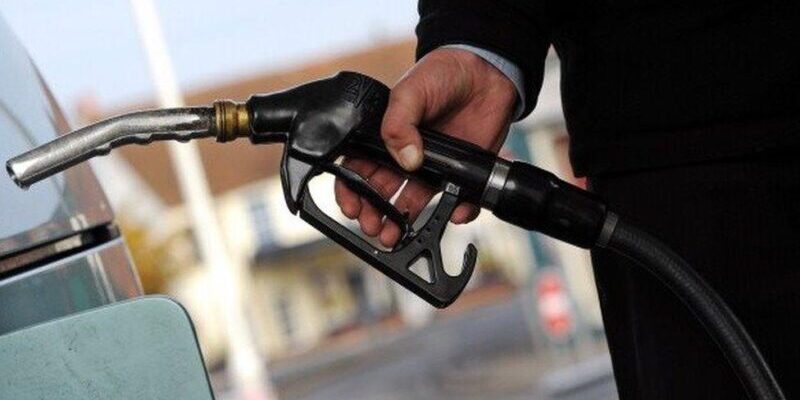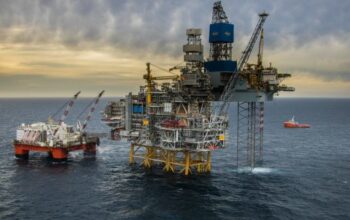Nigeria appears to be on track to achieving self-sufficiency in petrol production, as recent data reveals a significant decline in the volume of Premium Motor Spirit (PMS) imported in October 2024.
This decline follows an increase in PMS production at the Dangote refinery, particularly during the first two weeks of the month.
According to a ship-tracking report from S&P Global Commodity Insights obtained by Nairametrics, Nigeria imported 280,400 barrels of gasoline and blend stock during the first week of October, ending on the 6th.
This was followed by another vessel, a product tanker from Antwerp, which delivered 290,567 barrels of gasoline to Nigeria in the week ending October 13.
These developments confirm an earlier prediction by the Organization of the Petroleum Exporting Countries (OPEC) regarding the market disruptions anticipated once the Dangote refinery commenced operations.
OPEC’s monthly Oil Market Report for June 2024 noted that supplies from the Dangote Refinery and Petrochemicals would exert pressure on Europe’s oil industry, particularly in the Northwest Europe (NWE) Gasoil market.
Reuters reported that a third of Europe’s average gasoline exports of 1.33 million barrels per day (BPD) in 2023 were directed to West Africa, primarily Nigeria.
The loss of this market, coupled with new environmental regulations in Northwest Europe, may compel many plants to reconfigure their operations, seek new markets for lower-quality gasoline, or shut down entirely.
Historically, Nigeria has spent approximately $17 billion annually on importing refined petroleum products due to its heavy reliance on European refiners.
In August alone, Nigeria recorded a weekly average of 1.3 million barrels in imports. The Nigerian Bureau of Statistics (NBS) reported that the value of petrol imports in the first half of 2024 reached N5.8 trillion, a stark increase of 87.09% compared to N3.1 trillion during the same period in 2023.
With the ongoing decrease in petrol imports, the Nigerian National Petroleum Company Limited (NNPCL) predicts that Nigeria may eliminate petrol imports entirely by December 2024.
![]()




